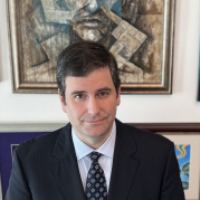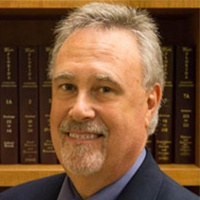Miami Felony Lawyer, Florida
Sponsored Law Firm
-
 x
x

Click For More Info:
-
Law Office of Mark S. Guralnick
55 Madison Avenue 4th Floor Morristown, NJ 07960» view mapCriminal Defense Law Dedicated. Fearless. Successful.
Mark S. Guralnick and his legal team have helped clients throughout the USA and across the world by applying unparalleled dedication and hard work to each case.
800-399-8371
Ayuban Antonio Tomas
✓ VERIFIEDA. Antonio Tomas is a Board Certified Tax Lawyer, Board Certified Criminal Trial Lawyer and a Certified Public Accountant. Mr. Tomas's practice foc... (more)
Richard L. Cooper
✓ VERIFIEDRecently named as one of the National Trial Lawyers Top 40 Under 40, Richard L. Cooper is a criminal defense attorney handling all types of State and ... (more)
Adam Keith Goodman
✓ VERIFIEDMr. Goodman began his legal career litigating on behalf of those accused of crimes by first interning for the Federal Public Defender's Office for the... (more)
Evan Hal Baron
✓ VERIFIEDEvan H. Baron is a skilled and experienced divorce attorney in Weston, FL. He is a married father of 2 sons and 3 stepchildren. Evan understands the... (more)
Brian Starr Leifert
Brian Leifert is a lawyer in Fort Lauderdale who focuses on Assault cases. He has tried cases involving domestic violence, drug charges, sex crimes, D... (more)
FREE CONSULTATION
CONTACTRonald Joseph Manto
FREE CONSULTATION
CONTACT Mark Guralnick Morristown, NJ
Mark Guralnick Morristown, NJ AboutLaw Office of Mark S. Guralnick
AboutLaw Office of Mark S. Guralnick Practice AreasExpertise
Practice AreasExpertise






